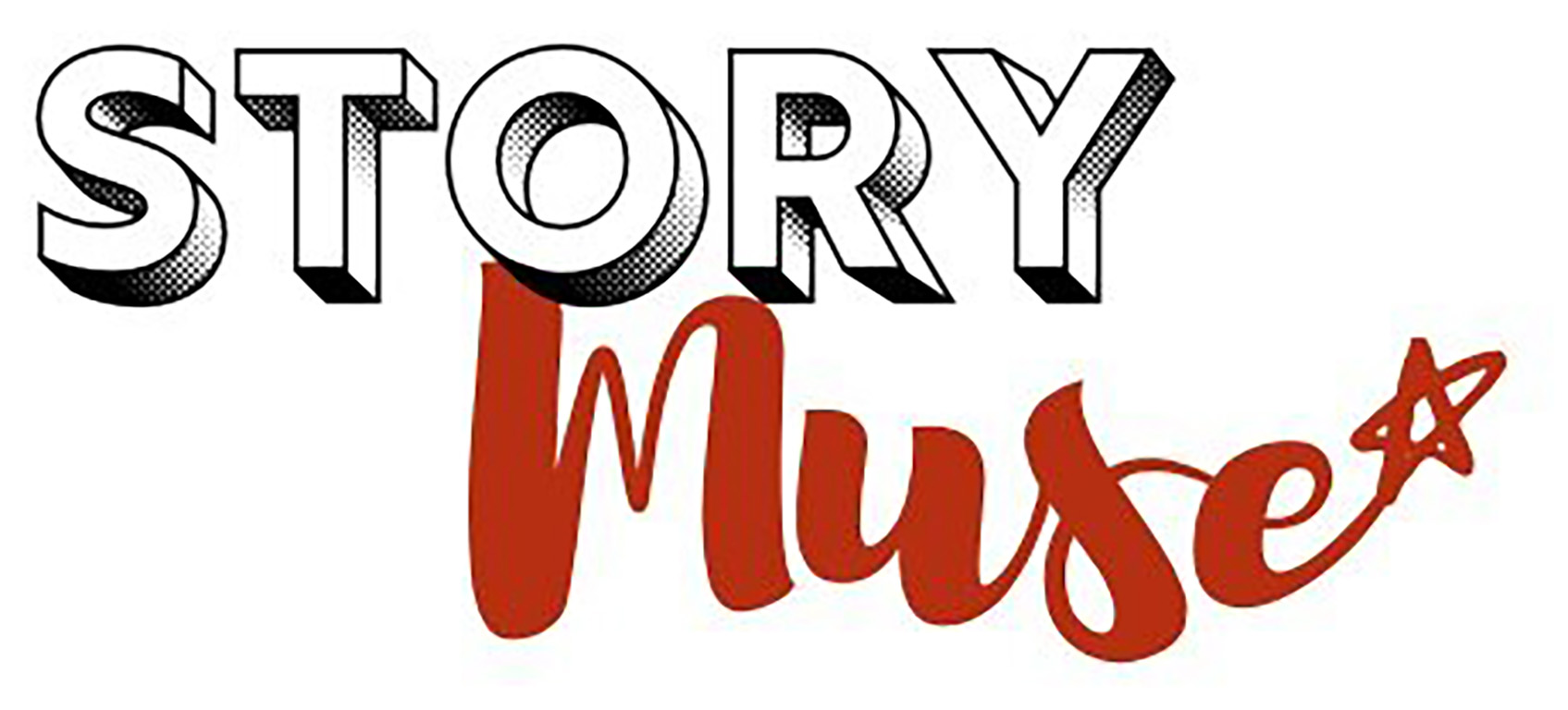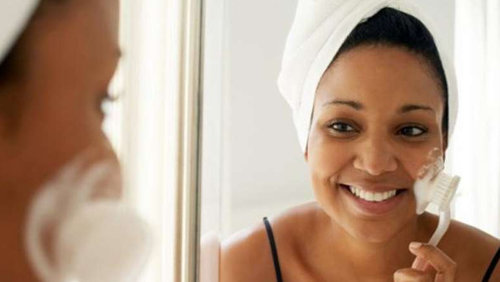Walking along with a new friend, I was trying to convince her to let me write about her for my Happy Stories series. “I don’t know,” she said. “I’m not really into being put on display in such a fashion.”
I completely understood. Many of us are not used to opening up our lives for other people to peep. As we walked along, we talked about the notion of “appropriate vulnerability” vs. “floodlighting” in storytelling. I told her how I use the work of Brené Brown in my curriculum all the time.
We live in a world that tries to put us in boxes, to build walls around ourselves, both physically and emotionally. In our personal stories, though, as in our lives, learning how to be appropriately vulnerable is both good for us as humans and in our storytelling.
A dear friend of mine in the arts and social justice community made a wonderful analogy about undoing racism and other oppressions. “It’s like brushing your teeth,” she says. “You don’t get to just do it once and be done with it. It’s a daily practice.”
I feel the same way about practicing vulnerability.
Here’s a new metaphor my new friend and I came up with: It’s like exfoliating, which is also a regular practice.
If you never exfoliate (i.e. never let yourself be vulnerable), then you develop thick, calloused skin. It becomes harder and harder to get through over time. If you exfoliate regularly (i.e. practice appropriate amounts of vulnerability), then your skin is healthy, glowing, and attractive. It remains responsive to the environment and able to serve you readily. If you over exfoliate (i.e. over share, floodlight, practice therapy from the stage), then you get raw, chaffed skin. You get broken down, unable to protect yourself from illness, disease, or just lurking, outside invaders. You have to wait a lot longer before you’re ready to go again, also known as the vulnerability hangover.
Like I said, this practice will serve you both as a storyteller and as a basic good human. Because, as I like to say…
What good story starts with…
Everything was always ok.
Moves on to…
And I was always really good at it.
And finishes with…
So nothing changed.
Keep up with those daily ablutions, friends. I support your journey.


[…] with the Rohingya, the tax plan, or at Standing Rock, not becoming cynical is a daily practice. I recently wrote about the regular practice of appropriate vulnerability. Brushing your teeth, addressing privilege, uprooting racism, meditation & yoga—also “a […]
[…] how the second best thing we can do for ourselves as storytellers and humans, after practicing appropriate vulnerability, is to become better […]
[…] spoken before about appropriate vulnerability, what it looks like to have not enough or too much, both in our storytelling and in our everyday […]
[…] my storytelling curriculum, I always take time to discuss the role of appropriate vulnerability in good storytelling. Vulnerability makes us good storytellers, makes us good […]
[…] to appreciate is that this process simply takes a little time. Some good music and some snacks. And the willingness to be a little vulnerable. One stick figure drawing at a […]
[…] Walks with Grief, but really in all storytelling, it’s that being our most authentic, appropriately vulnerable selves, transparent about where we are at any point in time, makes us better storytellers and […]